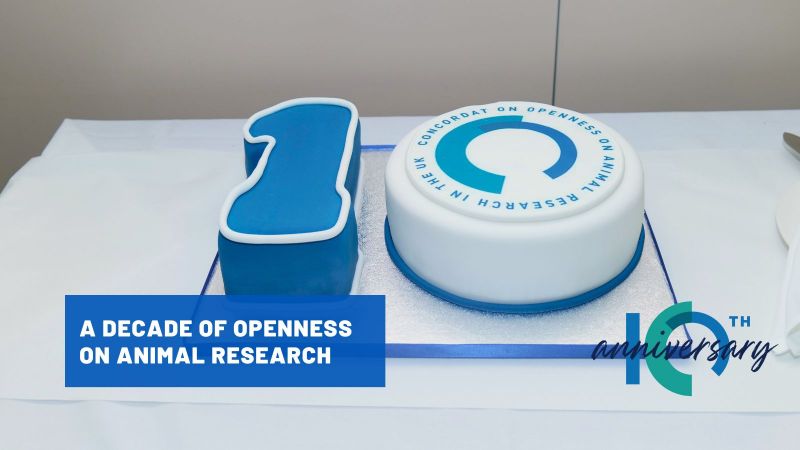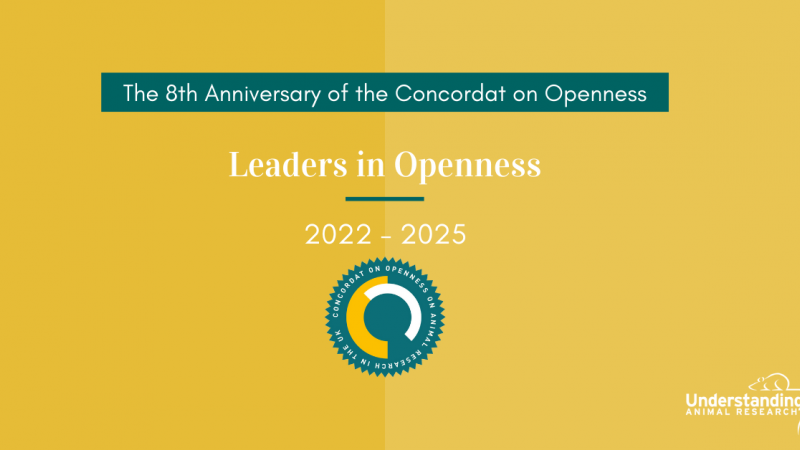
The University of Oxford’s road to openness has not been easy. Its battle with activists and extremists to build its new, state-of-the-art, biomedical research facility had long dissuaded the university from drawing too much attention to its animal research.
Nonetheless, as well as signing the Declaration on Openness, and supporting the development of the Concordat on Openness on Animal Research, the university has made dramatic steps in providing the public more information about the work it does.
Oxford University took this openness further when it invited the BBC’s medical correspondent, Fergus Walsh, to film within its facility. The invitation came on the back of a story about the difference between the brains of humans and macaques.
The footage showed mice, ferrets and monkeys involved in research into Parkinson’s disease, Alzheimer’s disease, hearing loss and heart conditions. To explain why these animals are needed, Professor Matthew Rushworth, an Oxford University researcher working with macaque monkeys, said:
“The important thing about the animals is that they allow us to manipulate, in very precise ways, some of the [brain] circuits that we’re looking at. This gives us key insights into how some of these areas are going wrong in psychological illnesses such as depression.”
Oxford University has been working hard to enhance its public engagement about its animal studies on its website – including case studies and welfare information. Nonetheless, allowing journalists into the facility to film is a major step. Hopefully this is something we will see more of as the UK bioscience sector takes on the challenges of openness. The Government’s Chief Scientific Advisor, welcomed these changes saying:
“People are becoming more confident and more transparent about animal research and I think that is extremely important.”
The improving culture of transparency has led to several UK laboratories in opening their doors to journalists. In October 2012, the BBC were invited to film the newly opened £16m Central Research Facility at Leicester University. As with Oxford, the university gained a lot of positive news coverage as a result of its openness, setting an example to institutions around the country.
In December 2012, the Victoria Derbyshire programme on BBC Radio 5 Live broadcast live from the MRC’s Mary Lyon Centre’s animal facility in Harwell. The programme went on to win an award for live journalism at the international broadcasting awards. This is not the only time the MRC has allowed access. Understanding Animal Research recently filmed macaques at their specialist facility in order to help the public understand what actually happens at such facilities.
We welcome these efforts and hope that this level of transparency will continue to engage the public about animal research.
Coverage of Fergus Walsh’s filming at Oxford University:
BBC article: http://www.bbc.co.uk/news/health-25888372
BBC News at 6 – start playing from 15.14.
BBC News at 10 – start playing from 16.31, same footage as News at 6
BBC Radio 5 Live – listen from 38.38 for a debate between Tom Holder and Michelle Thew
BBC Radio 4 PM programme – listen from 21.50.
Last edited: 11 April 2022 12:24



